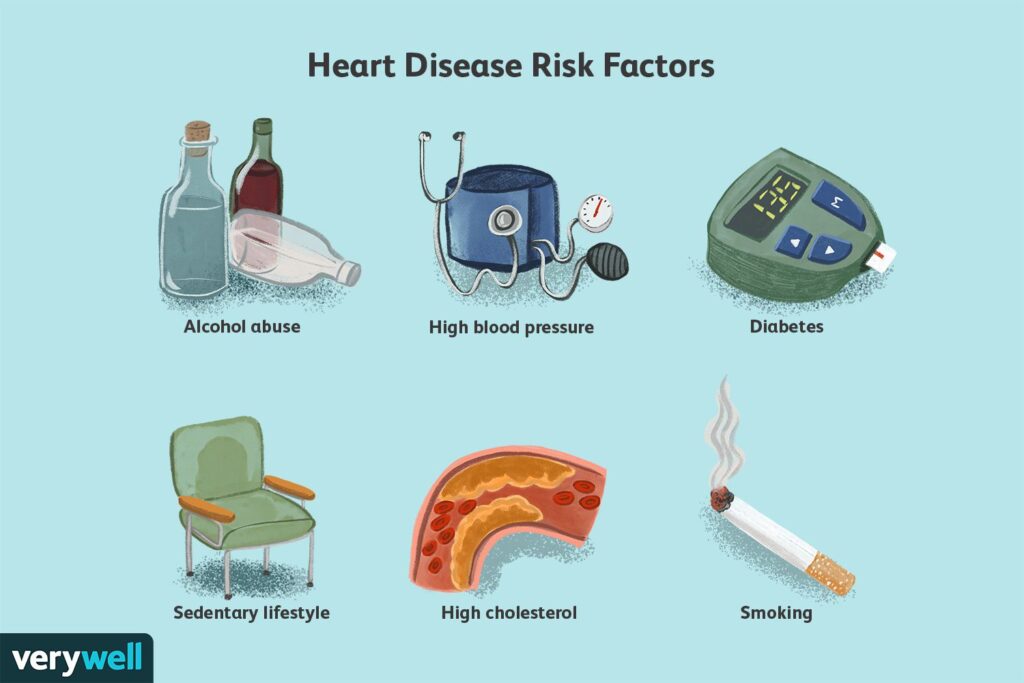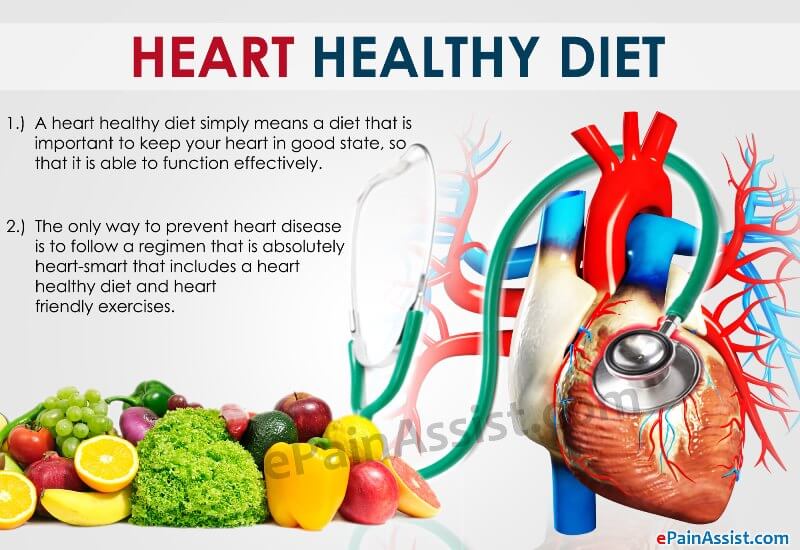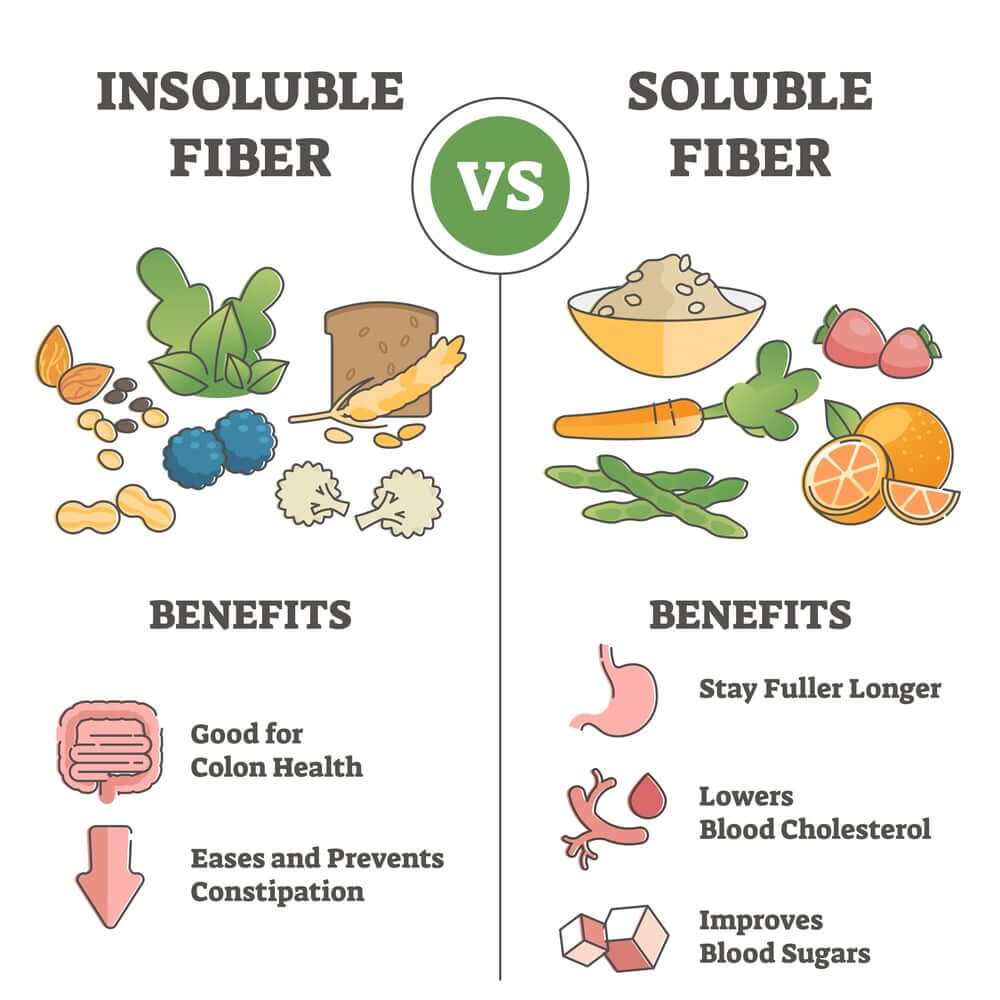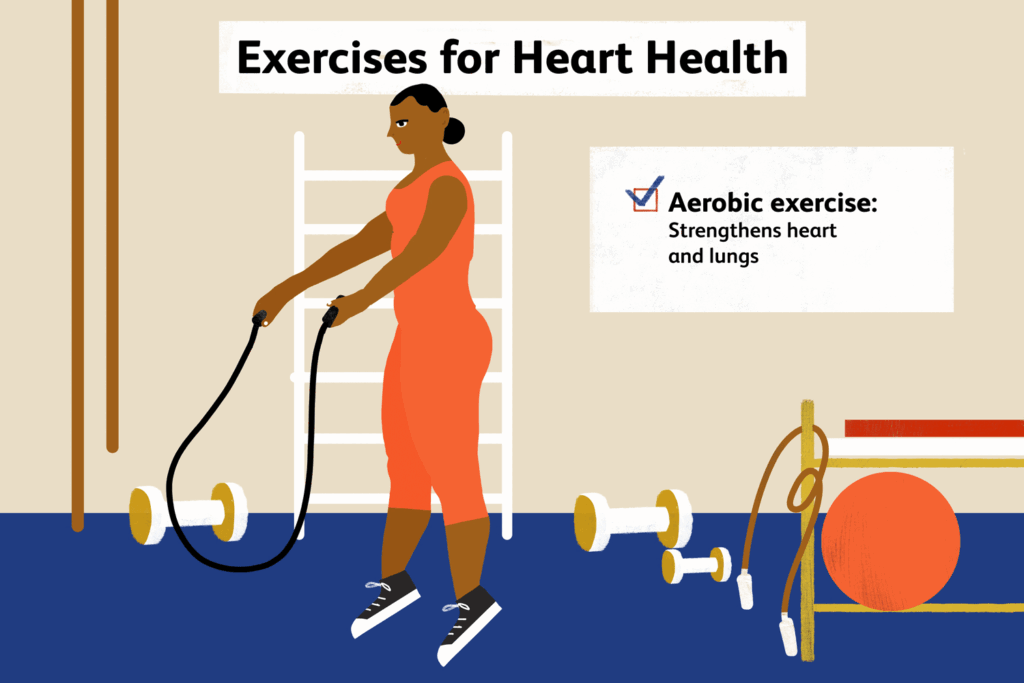Introduction
Maintaining a healthy heart is crucial for overall well-being, and nutrition plays a significant role in achieving this. Consuming a balanced, heart healthy diet plan can have a profound impact on cardiovascular wellness, reducing the risk of heart disease and promoting optimal heart function. By understanding the vital connection between nutrition and heart health, individuals can make informed choices to support their cardiovascular well-being.
Understanding Heart Disease
Heart disease is a global health issue and a leading cause of death. Understanding the prevalence of heart disease allows us to comprehend the urgency of adopting a heart-healthy diet.

Risk factors such as
- high blood pressure
- high cholesterol levels
- obesity
- smoking
- sedentary lifestyle
greatly contribute to the development of heart disease. By identifying these risk factors, you can take proactive steps toward prevention by adopting a heart-healthy diet.
The Fundamentals of a Heart-Healthy Diet

Macronutrients, including carbohydrates, proteins, and fats, play crucial roles in maintaining heart health. Properly balancing these nutrients is essential for cardiovascular wellness.
- Carbohydrates provide the primary source of energy for the body
- Proteins support the growth and repair of tissues.
- Healthy fats, such as monounsaturated and polyunsaturated fats, play a vital role in reducing inflammation and protecting the heart.
Incorporating a balanced mix of these macronutrients in one’s diet is key to promoting heart health.
The Power of Plant-Based Foods
Plant-based foods have been extensively researched and proven to be beneficial for heart health.
Fruits and vegetables are rich in
- antioxidants
- vitamins
- minerals
- fiber
all of which contribute to a healthy heart. Including a variety of colorful fruits and vegetables in your diet ensures a wide range of nutrients, promoting cardiovascular wellness.
Incorporating whole grains, such as brown rice and whole wheat bread, provides additional benefits, including lower cholesterol levels and better heart health.
Good Fats vs Bad Fats: Differentiating for Heart Health

Not all fats are created equal, and differentiating between good fats and bad fats is crucial for heart health.
- Saturated and trans fats are known to increase the risk of heart disease
- Healthy fats, such as monounsaturated and polyunsaturated fats, have protective effects.
Be mindful of consuming fats from sources like avocados, nuts, seeds, and fatty fish, while minimizing the intake of saturated fats found in red meat, full-fat dairy products, and processed foods. By making these conscious choices, individuals can reduce their risk of heart disease.
Lean Proteins: A Heart-Healthy Choice
Protein plays a vital role in a heart-healthy diet, supporting various bodily functions, including muscle development and repair. Opting for lean sources of protein, such as
- skinless poultry
- fish
- legumes
- low-fat dairy products
can significantly reduce the risk of heart disease. These protein sources are lower in saturated fats, making them heart-healthy choices. Including a moderate amount of protein in your diet is essential for maintaining cardiovascular wellness.
The Role of Fiber in Heart Health
Dietary fiber not only aids in digestion but also offers numerous benefits for heart health. Soluble fiber helps lower cholesterol levels, while insoluble fiber promotes regular bowel movements and aids in weight management.

Adding fiber-rich foods like whole grains, fruits, vegetables, and legumes to your daily meals can improve heart health by reducing the risk of heart disease, promoting healthy weight maintenance, and providing a feeling of fullness.
The Impact of Sodium on Heart Health
Excessive sodium intake has detrimental effects on heart health, leading to high blood pressure and an increased risk of heart disease. Reducing sodium in your diet is crucial for maintaining cardiovascular wellness.
To achieve this, individuals can limit their consumption of processed and packaged foods, which are often high in sodium. Cooking meals from scratch using fresh ingredients, flavoring with herbs and spices instead of salt, and reading food labels for sodium content are practical ways to reduce sodium intake and support heart health.
Heart-Healthy Cooking Techniques
Cooking techniques greatly impact the heart-healthy nature of a meal. By minimizing deep-frying and excessive oil use, individuals can reduce unhealthy fat intake.
Instead, steaming, grilling, baking, or sautéing with minimal oil can retain the nutritious value of foods while enhancing the flavor. These cooking methods allow individuals to enjoy delicious meals while supporting their heart health.
The Role of Portion Control in a Heart Healthy Diet Plan
Portion control is essential for maintaining a heart-healthy diet. Overeating can lead to weight gain and an increased risk of heart disease. Appropriate portion sizes and practicing mindful eating can positively influence heart health. Use smaller dinner plates, serve meals in measured portions, and pay attention to internal hunger and fullness cues. These are practical tips for practicing portion control and supporting cardiovascular wellness.
Meal Planning for Heart Health
Meal planning is a powerful tool for ensuring a heart-healthy diet. By developing a comprehensive meal plan, individuals can create balanced and nutritious meals that prioritize heart health.
By Adding a variety of fruits, vegetables, whole grains, lean proteins, and healthy fats into meals can provide the necessary nutrients for optimal cardiovascular wellness. Taking the time to plan meals in advance helps individuals make healthier choices and avoid the temptations of less nutritious options.
Incorporating Superfoods: Boosting Heart Health

Superfoods are nutrient powerhouses that offer significant benefits for heart health. Including foods like
- berries
- leafy greens
- fatty fish
- nuts
- seeds
can enhance cardiovascular wellness by providing antioxidants, omega-3 fatty acids, and other heart-protective nutrients. Adding these superfoods to your regular diet not only adds variety but also boosts heart health by nourishing the body with essential nutrients.
Hydration and Heart Health
Proper hydration is vital for overall health, including heart health. Staying well-hydrated ensures optimal blood circulation and helps the heart function efficiently. Choosing heart-healthy beverages such as water, herbal tea, and low-sugar options is essential for supporting cardiovascular wellness.
It is important to minimize or avoid sugary drinks and excessive caffeine intake, as they can have negative effects on heart health.
Maintaining a Balanced Diet on a Budget
Maintaining a heart-healthy diet can be achieved even on a tight budget. By following practical tips, individuals can eat nutritious foods without breaking the bank. Planning meals in advance, making a shopping list, buying in bulk, and opting for seasonal fruits and vegetables are cost-effective strategies.
Additionally, shopping at local markets, utilizing coupons, and preparing meals at home instead of eating out can help maximize the budget while prioritizing cardiovascular wellness.
The Connection Between Exercise and Heart Health
Physical activity plays a significant role in promoting heart health. Regular exercise helps maintain a healthy weight, reduces the risk of heart disease, lowers blood pressure, and improves overall cardiovascular fitness.

Incorporating aerobic activities, strength training exercises, and flexibility exercises into daily routines can have a profound impact on heart health. It is important to consult with a healthcare professional before starting any exercise program to ensure it is appropriate for individual needs and health status.
Managing Stress for a Healthy Heart
Chronic stress can have detrimental effects on heart health. Stress hormones can raise blood pressure, increase heart rate, and contribute to the development of heart disease. Implementing stress management techniques, such as practicing mindfulness, engaging in relaxation exercises, getting regular exercise, and seeking social support, can help reduce the negative impact of stress on the heart. By managing stress effectively, individuals can support their cardiovascular wellness and lead a balanced, heart-healthy life.
Tune-Up Your Heart: Routine Check-Ups and Screenings
Regular check-ups and screenings are essential for maintaining heart health. Routine visits to healthcare professionals allow for the monitoring of vital signs, identifying potential risk factors, and addressing any concerns promptly. Recommended screenings such as blood pressure checks, cholesterol level tests, and diabetes screenings help optimize cardiovascular wellness. By prioritizing routine check-ups and screenings, individuals can actively manage their heart health and mitigate potential risks.
Living a Heart-Healthy Lifestyle: Beyond Diet
A heart-healthy lifestyle encompasses more than just dietary choices. It involves adopting healthy habits that promote overall heart health. Engaging in regular physical activity, managing stress, getting adequate sleep, avoiding smoking and excessive alcohol consumption, and maintaining a healthy weight are all fundamental to cardiovascular wellness. By making these lifestyle changes, individuals can create a solid foundation for optimal heart health and reduce the risk of heart disease.
Summary: A Blueprint for Heartfelt Nutrition
In summary, a heart-healthy diet is paramount for maintaining optimal heart health. Balancing macronutrients, incorporating plant-based foods, choosing healthy fats and lean proteins, consuming adequate fiber, and managing sodium intake are all essential components of a heart-healthy diet. Additionally, practicing portion control, meal planning, hydrating effectively, and maintaining a balanced lifestyle significantly contribute to cardiovascular wellness. By adhering to these principles, individuals can empower themselves to make informed choices and prioritize their heart health.
FAQs: Answering Common Questions about Heart-Healthy Nutrition
What are the best types of exercise for heart health?
The best types of exercise for heart health include aerobic activities, such as brisk walking, jogging, cycling, and swimming, as well as strength training exercises to improve overall cardiovascular fitness.
Can a heart-healthy diet reverse heart disease?
While a heart-healthy diet can significantly reduce the risk of heart disease, it may not reverse existing heart disease. It is important to consult with a healthcare professional for comprehensive guidance and treatment if you have been diagnosed with heart disease.
How does alcohol consumption affect heart health?
Excessive alcohol consumption can have negative effects on heart health, including high blood pressure, irregular heart rhythms, and weakened heart muscle. Moderation is key, and it is recommended to limit alcohol intake to moderate levels, as defined by healthcare professionals.









[…] Heart health support is one of the health benefits of blueberries. Blueberries play an important role in heart health in many ways. Their high levels of fiber, potassium, and antioxidants help control blood pressure, lower cholesterol levels and improve cardiovascular function. Regular consumption of blueberries is associated with a reduced risk of heart disease. […]
[…] Love Your Heart: Create a Balanced Heart Healthy Diet Plan […]